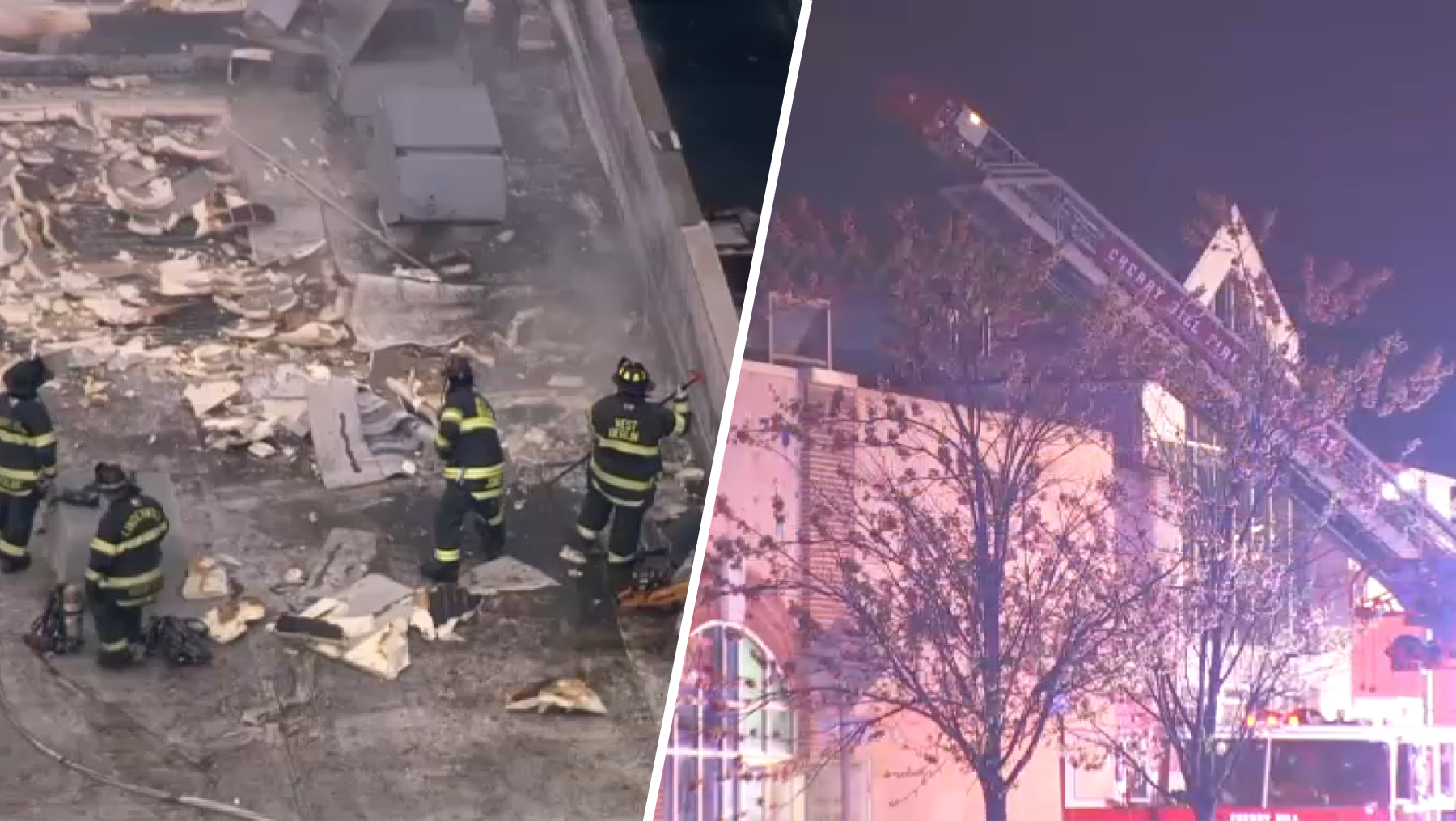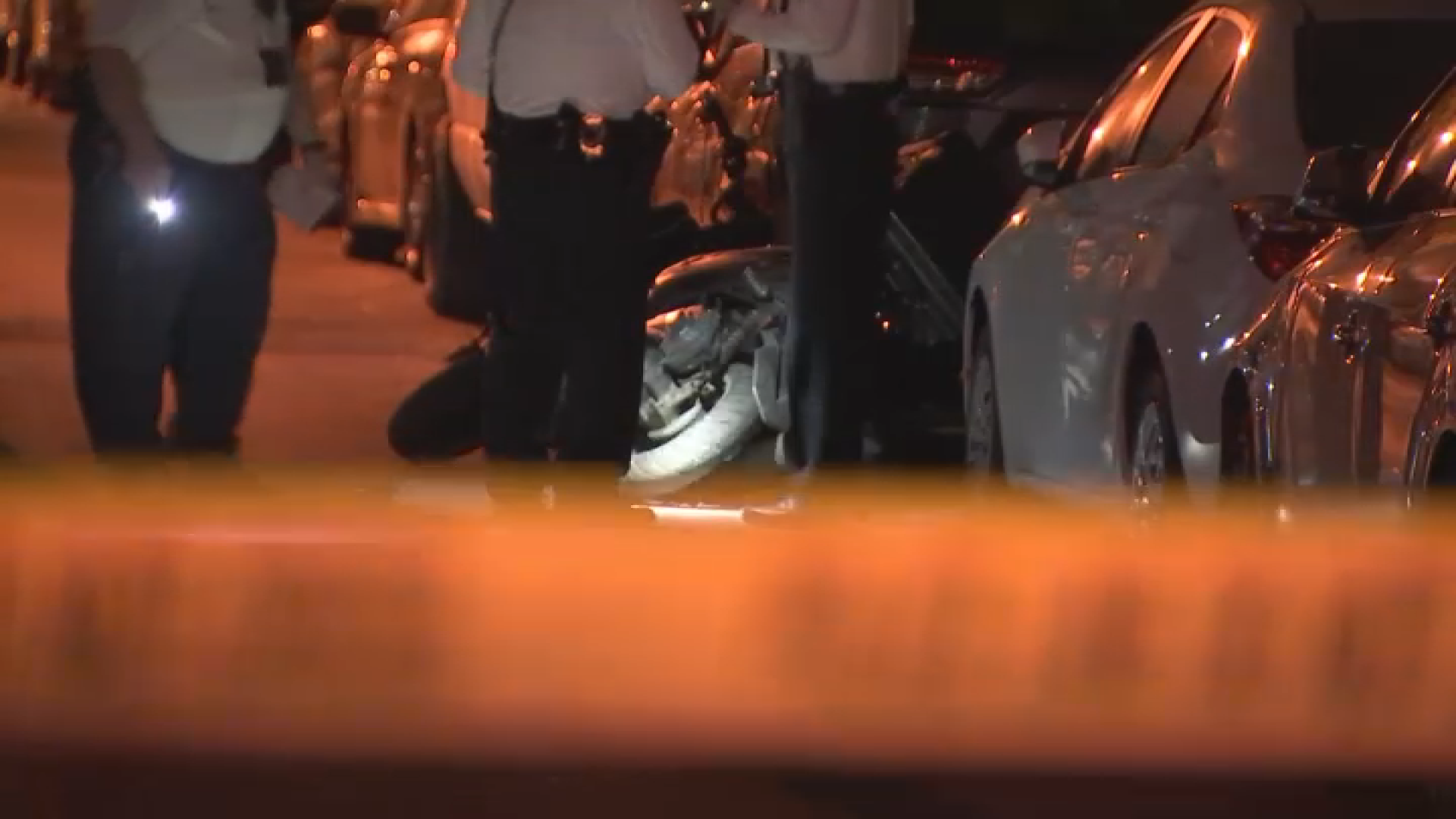Prosecutors asked a federal appeals court Thursday to reinstate the murder conviction of a man who spent 24 years in prison for his daughter's death in a fire, saying they remain convinced of his guilt even though much of their evidence has been debunked.
Han Tak Lee was freed last year after a judge, noting a "tidal shift in our understanding of fire science," found the case against him relied on since-discredited theories about arson and how it can be detected.
Prosecutors appeared before the 3rd U.S. Circuit Court of Appeals on Thursday to argue that other evidence supported the jury's guilty verdict against Lee, an 80-year-old naturalized U.S. citizen from South Korea.
"We, the commonwealth, gave them plenty to hang their hat on," said Matthew Bernal of the Monroe County district attorney's office.
Lee's attorney said the former New York City shop owner had been vindicated by the lower court and urged the appeals judges to keep Lee out of prison.
"Mr. Lee was wrongfully convicted of arson and murder 25 years ago in Monroe County," defense attorney Peter Goldberger told the panel. "There is no basis to this appeal."
His case is one of dozens around the country to come under scrutiny because of now-outdated scientific notions about how a deliberately set fire can be distinguished from an accidental one.
Local
Breaking news and the stories that matter to your neighborhood.
Lee, who has been living in the New York City borough of Queens since his release, attended Thursday's arguments in Philadelphia along with about 25 friends and supporters from New York, New Jersey and Philadelphia.
"I'm feeling very good about this," said Goldberger, who has represented Lee for about 15 years.
Lee had taken his volatile, mentally ill daughter to a religious retreat in Pennsylvania's Pocono Mountains where, prosecutors say, he set fire to their cabin and then watched impassively as it burned. The body of 20-year-old old Ji Yun Lee was found in the ashes.
A jury convicted Lee in 1990, a year after the fire, and sentenced him to life without parole.
He has long argued the fire was accidental, and in 2012, the 3rd Circuit granted his request for an independent review of the evidence. The review, led by a magistrate judge, concluded the expert testimony used to convict him was based on "little more than superstition."
Prosecutors say the discredited testimony constituted "harmless error" in light of other "overwhelming" evidence in the case, including a pathologist's opinion that Lee's daughter might have been strangled before the fire, and Lee's stoic demeanor after the fire.
That evidence was dismissed by U.S. Magistrate Judge Martin Carlson, who said in last year's ruling that the prosecution's case, without its scientific underpinning, rested on "thin reeds."
On Thursday, Circuit Judge Morton Greenberg cited the possibility that Lee's passivity at the fire scene might have stemmed from a cultural taboo against showing emotion in public.
"Different people act in different ways. Different cultures act in different ways. What kind of evidence is that?" Greenberg said.
It wasn't immediately clear when the court would rule.



